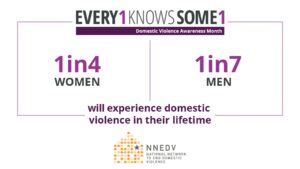(Note: Internet usage can be monitored and is impossible to erase completely. If you’re concerned your internet usage might be monitored, click here to learn more about digital security.)
In October of 1981, the National Coalition Against Domestic Violence hosted the first “Day of Unity”- which later evolved into Domestic Violence Awareness Month (DVAM). The day’s intent was to connect advocates all across the nation who worked to end violence afflicted upon women and children. As years passed, the Day of Unity became a national week-long event devoted to various activities centered on three main themes.
-
- Mourning those who have died because of domestic violence
- Celebrating those who have survived
- Connecting those who work to end violence
In October 1987, the first Domestic Violence Awareness Month was observed. That same year marks the initiation of the first national domestic violence toll-free hotline. In 1989, the U.S. Congress passed Public Law 101-112 which designated October of that year as National Domestic Violence Awareness Month, with such legislation passing every year since.
Domestic Violence is still a current issue that affects around 10 million Americans every year. Individuals, regardless of their identity, endure fatal dangers within their relationships, friendships, and households. At the moment, a significant catalyst for domestic violence is economic stress. Financial pressures, along with other factors, can create unsafe environments in which people are susceptible to experiencing violence. Understanding signs that show or lead to domestic violence as well as providing aid to those that undergo abuse is crucial.

According to the CCADV, approximately 1 in 4 women (23.2%) and 1 in 7 men (13.9%) have experienced severe physical violence by an intimate partner in their lifetime. Likewise, the LGBTQIA+ community experiences shocking amounts of domestic violence. 43.8 percent of lesbian women and 61.1 percent of bisexual women experience rape, physical violence, or stalking in their lifetime as opposed to 35 percent of heterosexual women. The same studies report that 26 percent of gay men and 37.3 percent of bisexual men will also experience rape, violence, and stalking at some point. Specifically, transgender victims of intimate partner violence are more likely to experience threats or intimidation, harassment, and police violence within intimate partner violence.
Domestic violence can have damaging effects on those impacted. Domestic violence can succumb an individual to:
-
- Increased anxiety
- Post-Traumatic Stress Disorder
- Symptoms of Depression.
- Increased risk of cardiovascular disease
- Premature Mortality
- Loss of trust
- Overall damage to one’s physical, emotional, and mental well-being.
This National Domestic Violence Awareness Month, our team wanted to highlight the many programs and resources available to support domestic violence survivors.
Help Hotlines:
-
- Immediate Danger: 9-1-1
- National Domestic Violence Hotline: 800-799-7233 or (206) 518-9361 (Video Phone Only for Deaf Callers)
- The hotline offers anonymous, confidential help, open 24/7 where you can call, chat, or text START to 88788.
- Harbor House of Central Florida Hotline: 407-886-2856
- Florida Department of Children and Families Domestic Violence Hotline: 1-800-500-1119 Florida Relay 711
- 24-HR Crisis Hotline (Women In Distress): 954-761-1133
- Hope Family Services: 941-755-6805
- Love is Respect Hotline: 1-866-331-99474 (24/7) or Text “loveis” 22522
Local Organizations:
-
- Harbor House: Harbor House works to prevent and eliminate domestic abuse in Central Florida by providing critical life-saving services to survivors, implementing and advancing best practices, and educating and engaging the community in a united front.
- Women in Distress: Women In Distress of Broward County, Inc. is the only nationally accredited, state-certified, full-service domestic violence center serving Broward County. Their mission is to stop domestic violence abuse for everyone through intervention, education, and advocacy. They offer 24-hour crisis intervention through their 24-Hour Crisis Hotline and emergency shelter, as well as counseling and support for victims and their children.
- Salvation Army: Salvation Army aids victims of domestic abuse, offering confidential emergency and transitional shelters where victims and their kids can sleep safely and begin to learn to live independently while healing. After addressing any physical wounds with immediate medical attention, each Salvation Army Safe House helps to heal the emotional scars of domestic violence through mental and spiritual counseling that puts men, women, and children on the path toward rehabilitation.
- One Heart for Women and Children: One Heart for Women and Children is a nonprofit organization that helps people who are homeless or in times of transition by helping them meet their most essential needs. They help provide access to food, clothing, school supplies, personal hygiene items, and household items.
- Local Domestic Violence Centers
Volunteer Opportunities:
Additional Educational Resources:
Domestic Violence is an issue that affects all communities. Domestic Violence Awareness Month is our opportunity as a community to come together and work to end domestic mistreatment. Team Anna invites you to join us in solidarity with survivors by listening and uplifting their voices. Together, we can raise awareness of how prevalent an issue domestic abuse is and help end the stigma attached to seeking help after enduring domestic violence.
And to all survivors, whether or not you’ve shared your story, reported your experience, and wherever you find yourself on your journey to healing, we see you and we believe you.
This blog was collated by two student interns in Representative Anna V. Eskamani’s legislative office, Keten Abebe (University High School) & Livia Noyes (Orangewood Christian School).
